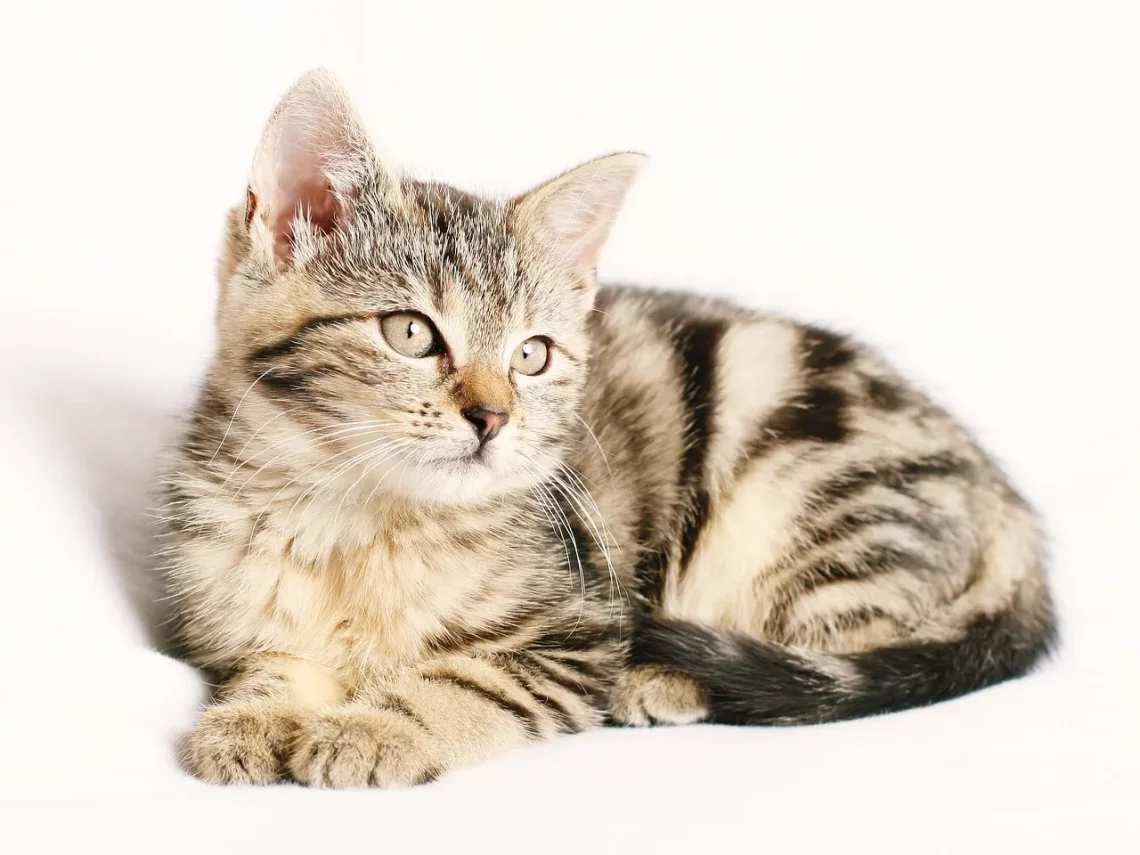
Understanding Heavy Breathing in Cats: Causes and Solutions
Heavy breathing in cats can often be a source of concern for pet owners. While cats are generally known for their calm demeanor and graceful movements, any noticeable change in their breathing patterns can indicate underlying health issues. Unlike humans, who may express discomfort verbally, cats tend to hide their pain and distress, making it crucial for owners to be vigilant and observant. Understanding what constitutes normal breathing for cats can help in identifying when something is amiss.
Heavy breathing, also known as tachypnea, can be triggered by various factors, including environmental stressors, physical exertion, and medical conditions. The feline respiratory system is complex, and any disturbance can significantly impact a cat’s overall health. As a responsible pet owner, it’s essential to recognize the signs of heavy breathing and understand the potential causes. This knowledge can empower you to take timely action, potentially saving your pet from serious health complications. Early intervention is key, as many respiratory issues can escalate quickly if not addressed properly.
In this article, we will explore the various causes of heavy breathing in cats, how to identify them, and the solutions available to help your feline companion breathe easier.
Identifying Normal vs. Heavy Breathing in Cats
To understand heavy breathing in cats, it is first essential to establish what is considered normal. Typically, a resting cat breathes between 20 and 30 times per minute. Various factors, such as age, size, and overall health, can influence these rates. As a pet owner, monitoring your cat’s breathing patterns during different activities—such as playtime, rest, or sleep—can provide valuable insights into their respiratory health.
When a cat exhibits heavy or labored breathing, it may manifest in several ways. You might notice an increased rate of respiration, visible effort in the chest and abdomen, or even audible sounds like wheezing or coughing. Other signs may include an open-mouth breathing, which is unusual for cats, as they typically breathe through their noses. If your cat is unusually lethargic, refuses to eat, or displays signs of distress while breathing, these could be indicators of a more serious issue.
It’s also important to consider the context in which heavy breathing occurs. For instance, if your cat has been playing vigorously and begins to breathe heavily, it may simply be a temporary response to exertion. However, if heavy breathing persists for an extended period or occurs without any apparent reason, it warrants a closer examination.
Different breeds may have varying predispositions to respiratory issues. For example, brachycephalic breeds, such as Persians and Bulldogs, are more prone to breathing difficulties due to their anatomical structure. Understanding these nuances can help you better assess your cat’s respiratory health.
Common Causes of Heavy Breathing in Cats
Heavy breathing in cats can result from numerous factors, ranging from benign to serious medical conditions. One of the most common non-medical reasons is overheating. Cats are susceptible to heat stress, especially during warmer months. If your cat has been exposed to high temperatures, heavy breathing may occur as a mechanism to cool down.
Additionally, anxiety and stress can trigger heavy breathing. Cats are sensitive creatures, and changes in their environment—such as moving to a new home, the introduction of another pet, or loud noises—can lead to heightened stress levels. This stress can manifest in various physical symptoms, including rapid breathing.
On the medical side, several conditions can cause heavy breathing in cats. Respiratory infections, such as feline asthma or pneumonia, can lead to inflammation in the airways, making it difficult for your cat to breathe comfortably. Allergies may also play a role, as they can cause nasal congestion and other respiratory issues.
Heart disease is another critical factor to consider. Conditions such as hypertrophic cardiomyopathy can lead to fluid buildup in the lungs, resulting in heavy breathing. Similarly, conditions affecting the lungs, such as tumors or blood clots, can impede normal breathing patterns.
It’s important to observe any other symptoms accompanying heavy breathing. If your cat is coughing, lethargic, or has a decreased appetite, these could be red flags indicating a more serious underlying condition. In such cases, seeking veterinary advice promptly is crucial.
When to Seek Veterinary Help
Knowing when to seek veterinary help is essential for your cat’s health. If your cat exhibits heavy breathing that lasts more than a few minutes, it is advisable to consult a veterinarian. This is especially true if the heavy breathing occurs in conjunction with other concerning signs, such as coughing, wheezing, blue-tinged gums, or excessive drooling.
A vet will likely perform a thorough examination, which may include listening to your cat’s heart and lungs, taking X-rays, or conducting blood tests. These assessments will help determine the underlying cause of the heavy breathing, allowing for appropriate treatment.
In cases of acute distress, such as sudden heavy breathing accompanied by collapse or severe lethargy, immediate emergency care is necessary. Delaying treatment in such scenarios can have serious consequences.
Moreover, if your cat has a pre-existing condition, such as asthma or heart disease, regular check-ups with the vet become even more critical. Monitoring these conditions helps manage symptoms and can prevent episodes of heavy breathing.
It’s also beneficial to maintain an open line of communication with your veterinarian. Keeping records of your cat’s breathing patterns, any changes in behavior, and environmental factors can provide valuable information that aids in diagnosis and treatment.
Solutions and Management Strategies
If your cat is diagnosed with a condition causing heavy breathing, your veterinarian will recommend a treatment plan tailored to your pet’s specific needs. Treatment may include medication, lifestyle changes, or both. For instance, cats with asthma may require bronchodilators or steroids to reduce inflammation and open the airways.
In cases where allergies are the culprit, avoiding known allergens can help manage symptoms. This may involve changing your cat’s diet, minimizing exposure to dust and pollen, or using air purifiers in your home.
Maintaining a comfortable environment is essential for all cats, especially those prone to respiratory issues. Ensure your cat has access to fresh, clean air and a cool, shaded area during hot weather. Regular grooming can also help reduce allergens in your home, as it minimizes shedding and dander.
For cats with chronic conditions, routine veterinary visits are crucial for monitoring their health. Your vet may suggest regular check-ups to assess your cat’s breathing and make necessary adjustments to their treatment plan.
In some cases, weight management may also be advised, particularly for overweight cats, as excess weight can exacerbate breathing issues. A balanced diet and regular exercise can help maintain a healthy weight, contributing to overall well-being.
Finally, providing enrichment activities that do not overly exert your cat can help keep them mentally and physically stimulated without putting undue stress on their respiratory system.
In conclusion, heavy breathing in cats can be indicative of various underlying issues, ranging from benign to severe. It’s crucial to recognize the signs and act promptly to ensure your feline friend receives the care they need. Always consult your veterinarian regarding any health concerns.
**Disclaimer**: This article is not intended as medical advice. Always consult your veterinarian for medical concerns regarding your pet’s health.




